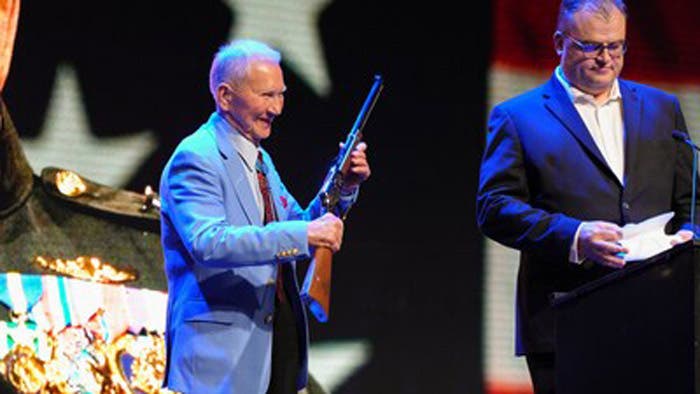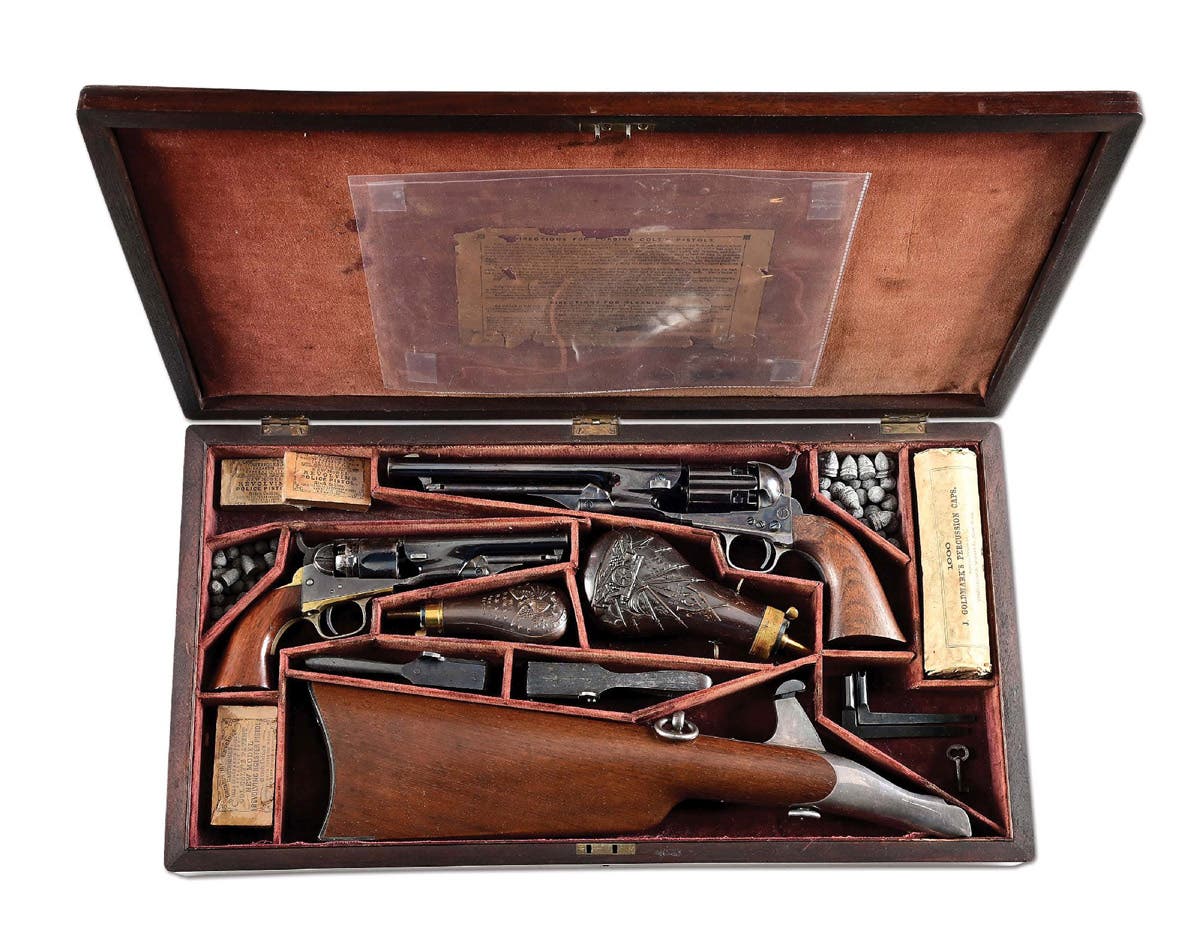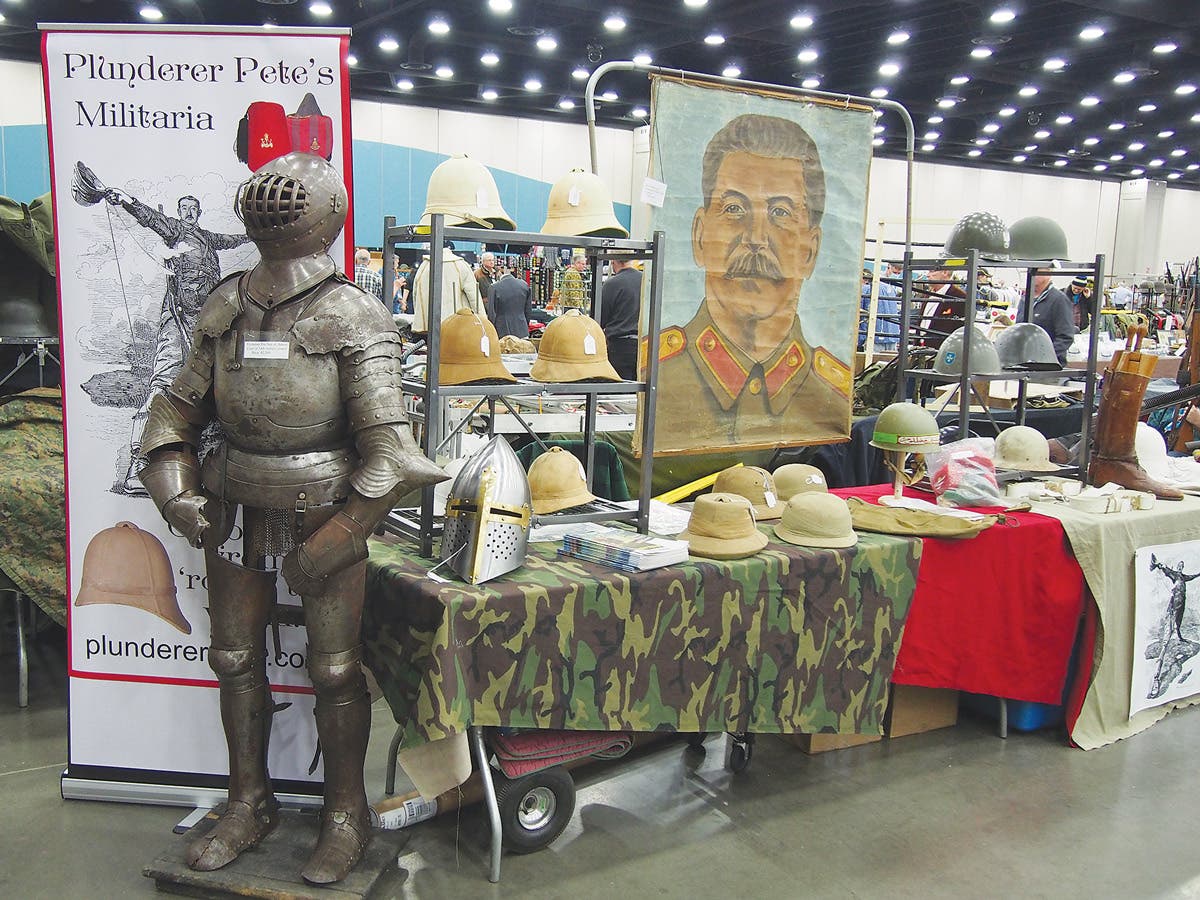Rare note in bottle discovered, donated to Auschwitz museum
A note hidden in a bottle by prisoners at Auschwitz 65 years ago was discovered last month and was presented to the Auschwitz-Birkenau State Museum in Poland on Wednesday.
May 7, 2009
A note hidden in a bottle by prisoners at Auschwitz 65 years ago was discovered last month and was presented to the Auschwitz-Birkenau State Museum in Poland on Wednesday.
The note, dated Sept. 20, 1944, includes the names of seven inmates, their camp numbers and hometowns. They included six Roman Catholics from Poland and one Jewish inmate from France between the ages of 18 and 20.
The note is written in pencil on a scrap of a cement bag and was discovered by a construction crew renovating a cellar that was used by Nazis during World War II as a bunker and warehouse. The building is now on the grounds of a vocational school in Oswiecim, a town the Nazis called Auschwitz.
The seven young men were part of a construction team from the prison who worked outside the concentration camp in buildings used by the German SS as living quarters and storage.
The bottle was buried in a concrete wall in a building located a few hundred meters from the actual camp. An Auschwitz museum spokesman is quoted as saying that the authors of the note "were young people who were trying to leave some trace of their existence behind them.”
The seven names include Waclaw Sobczak, now 84 and living in western Poland; Kazimierz “Karol” Czekalski, now 83 and living in central Poland; and Albert Veissid, a French Jew living in the south of France who told reporters that he did not know of the list and didn’t know why his name was included. Veissid said, however, that he would stash stolen marmalade for his six fellow prisoners in an Auschwitz bunker, and in exchange, they would give him their extra soup.
Bronislaw Jankowiak, a Catholic Pole, is credited with authoring the note. He died in 1997. Also dying after the war was Stanislaw Dubla. Nothing is known of the fate of the remaining two men: Waldemar Bialobrzeski and Jan Jazik.
Sources: BBC News, Israel National News (IsraelNN.com), and AP News





